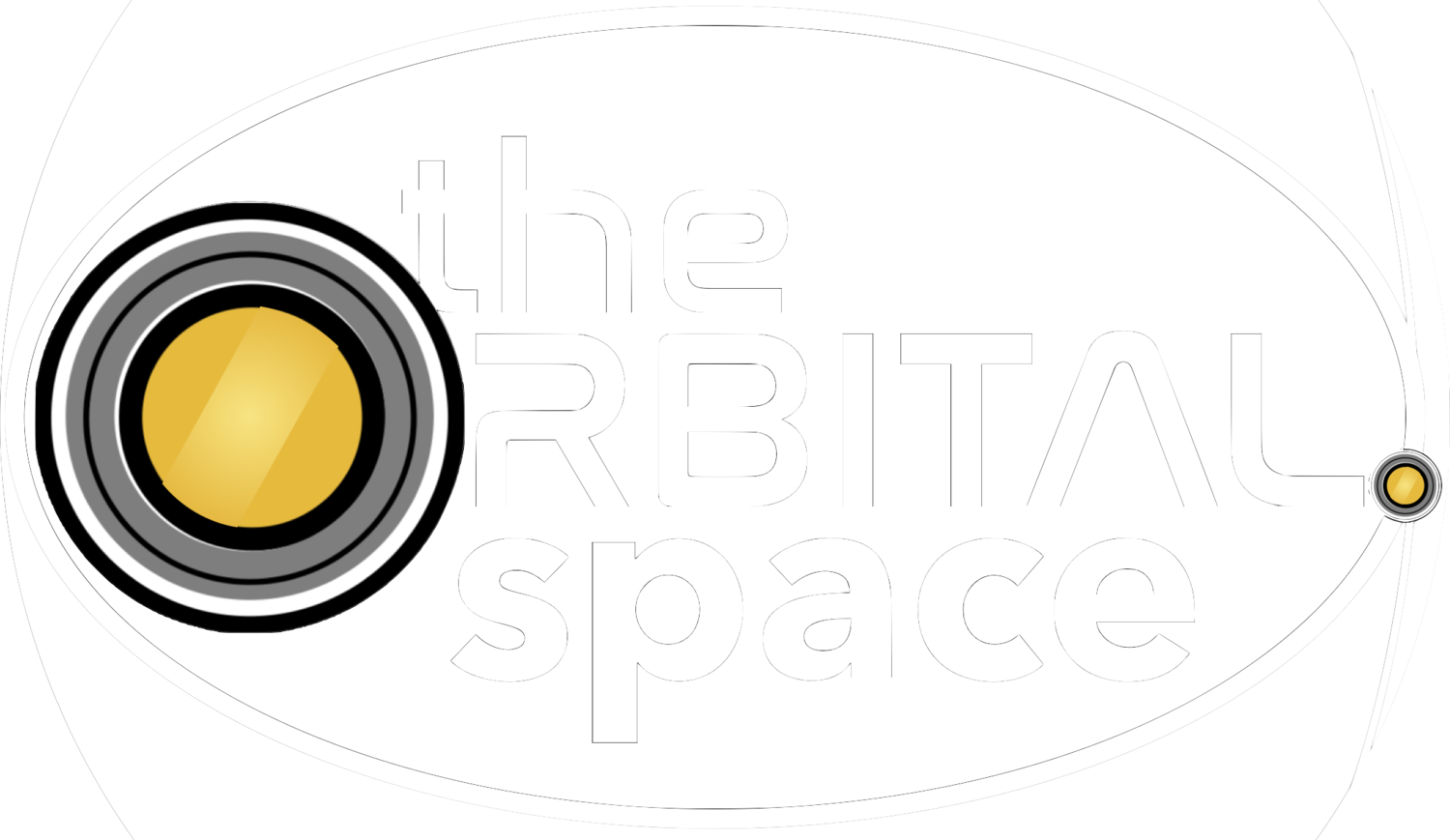Astronaut and retired U.S. Navy Captain Scott Kelly announced his retirement from NASA yesterday, via Facebook. In a letter entitled, “A thousand miles begins with a single step,” Kelly explains that he remains “ever committed and dedicated to the service of human exploration and advancement in space or on Earth,” and that his departure from NASA, effective April 1, symbolizes the next step in his own journey.
Kelly received his naval commission from the State University of New York Maritime College in May 1987. Since then, with nearly 20 medals and commendations from the U.S. Navy and NASA, Kelly has had an extensive career. Including his most recent mission aboard the International Space Station, Kelly has logged more than 520 days in space - holding the record for time spent in orbit by a U.S. Astronaut.
Following his graduation from the U.S. Naval Test Pilot School in June 1994, Kelly has logged more than 8,000 hours in more than 40 different aircraft, and was the first pilot to fly an F-14 with a digital flight control system.
His first flight as a NASA astronaut was aboard Space Shuttle Discovery on STS-103, and brought him to the Hubble Space Telescope (HST) for enhancement upgrades. During this 8-day mission, which lasted from December 19 through December 27, 1999, three separate spacewalks (EVAs) were performed by Kelly’s crew-mates to repair a number of malfunctioning stabilization gyros, which had caused Hubble to enter a state of dormancy while it awaited maintenance.
Commanding STS-118 aboard Endeavour in 2007, Kelly’s second spaceflight would bring him to the International Space Station (ISS) for the first time. Delivering the station’s third starboard truss segment, STS-118 lasted 12 days.
Kelly's first extended tour aboard the ISS came during his third mission. Launched aboard the Soyuz TMA-M spacecraft in October, 2010, Kelly commanded ISS Expedition 26 for 159 days before returning to Earth on March 16, 2011.
His final and most notable mission came to a close on March 1 of this year. Serving first as Flight Engineer for Expeditions 43 and 44, and then as Station Commander for 45 and 46, Kelly - along with Russian Cosmonaut Mikhail Kornienko - spent 340 days on the ISS, and completed nearly 400 experiments in an effort to better understand the effects of long-term spaceflight on the human body.
Retired astronaut Mark Kelly, Scott Kelly’s twin, remained on Earth during his brother’s mission to serve as an exact genetic basis for medical comparison upon Scott’s return. Medical tests and experiments on the two are expected to last well into the next year, and will help NASA scientists better understand the toll of a micro-gravity environment on the human body in preparation for a manned mission to Mars. In his letter, Scott Kelly emphasizes his continued commitment “to participate in the ongoing research related to NASA’s one-year mission for as long as is necessary.”
Before ever launching into space, Kelly’s time at NASA began in April 1996, where he worked as part of the Astronaut Office Spacecraft Systems/Operations branch. And, following his return from STS-103, Kelly served as NASA’s Director of Operations in Star City, Russia.
Though his days spent in orbit of the Earth are now behind him, Kelly is looking forward to continuing his 30 years of public service in a “new role.” What that role may be is yet to be determined, but as Kelly states in the end of his letter,
“To continue toward any journey, we must always challenge ourselves to take the next step.”






